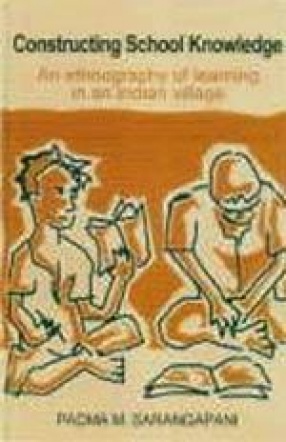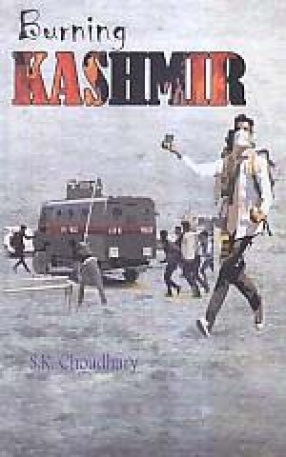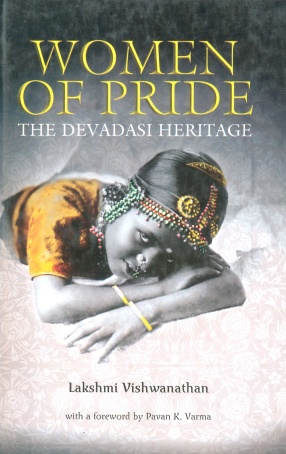Mention ‘government run primary schools in India’ to anyone and the immediate response: ‘monotony, uninterested teachers, dysfunctionality, rote memorisation and little learning’. The author of this unusual book argues that it is important to move beyond these obvious if basically true images, not only to re-examine our common perceptions of these schools but also to respond to and intervene in schools in more appropriate ways. Using the tools of an anthropologist, Padma Sarangapani explores the process and meaning of rural schooling as constituted by the teachers and children themselves. It is based on a detailed ethnographic study of a village school and draws upon philosophy, epistemology, cognitive psychology, popular folklorist texts and the sociology of education for its interpretive frameworks. The book starts by describing the ethos of the village, particularly the processes of urbanisation and occupational diversification, in order to explain the social structure that the children inhabit. The author then discusses a range of issues including: Local conceptions of childhood, of the ‘educated person’ and of the ‘failure’; the teacher-taught relationship and the centrality of authority;The manner in which ‘modern’ institutional roles are differentiated and elaborated through folk and popular cultural imagery; The way in which teachers and students collectively participate to construct and regulate school knowledge; and Memorisation as a process of learning. Dr. Sarangapani also explores the ‘knowledge corpus’, epistemic activity such as argument and reasoning, children’s understanding of science, and the relationship between schooling and everyday knowledge. The insights drawn from the field study are integrated to develop an understanding of the schoolchild as a learner. The final chapter argues for the need for an education theory in India and for a renewal of the engagement both with ideas and with the present-day reality of Indian schools. This multidisciplinary ethnographic study, based on first-hand field research and fresh theoretical explorations, constitutes a unique ‘situated’ and contextualised view of children, childhood, schooling and learning. It will attract the attention of students and scholars of education, sociology, anthropology, psychology and child development. It will also be of interest to NGOs, funding agencies and those involved with framing educational policy.
Constructing School Knowledge: An Ethnography of Learning in an Indian Village
In stock
Free & Quick Delivery Worldwide
Bibliographic information
Title
Constructing School Knowledge: An Ethnography of Learning in an Indian Village
Author
Edition
1st ed.
Publisher
ISBN
8178291355
Length
308p., Figures; Tables; 23cm.
Subjects





There are no reviews yet.